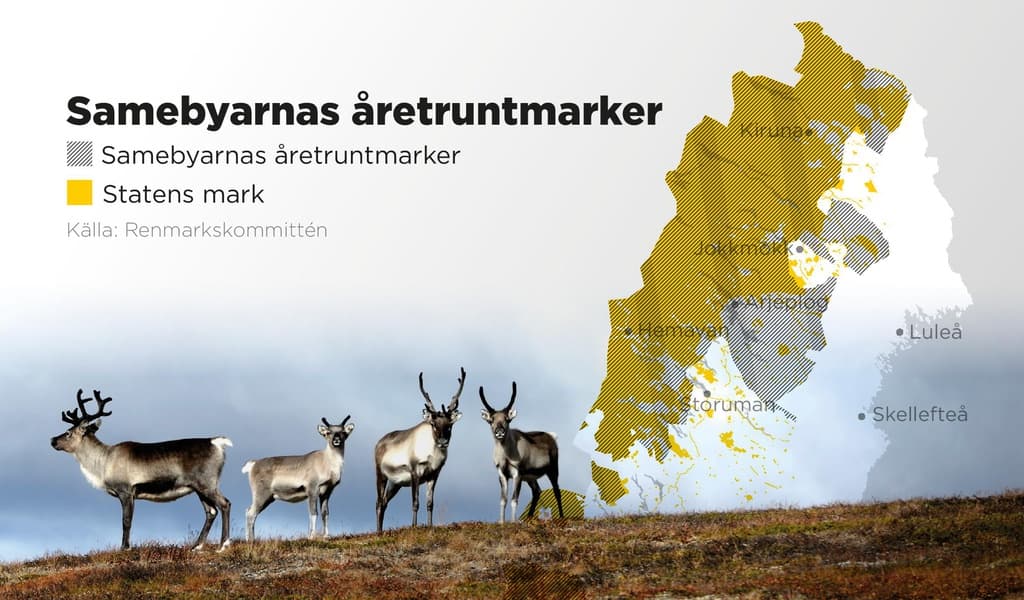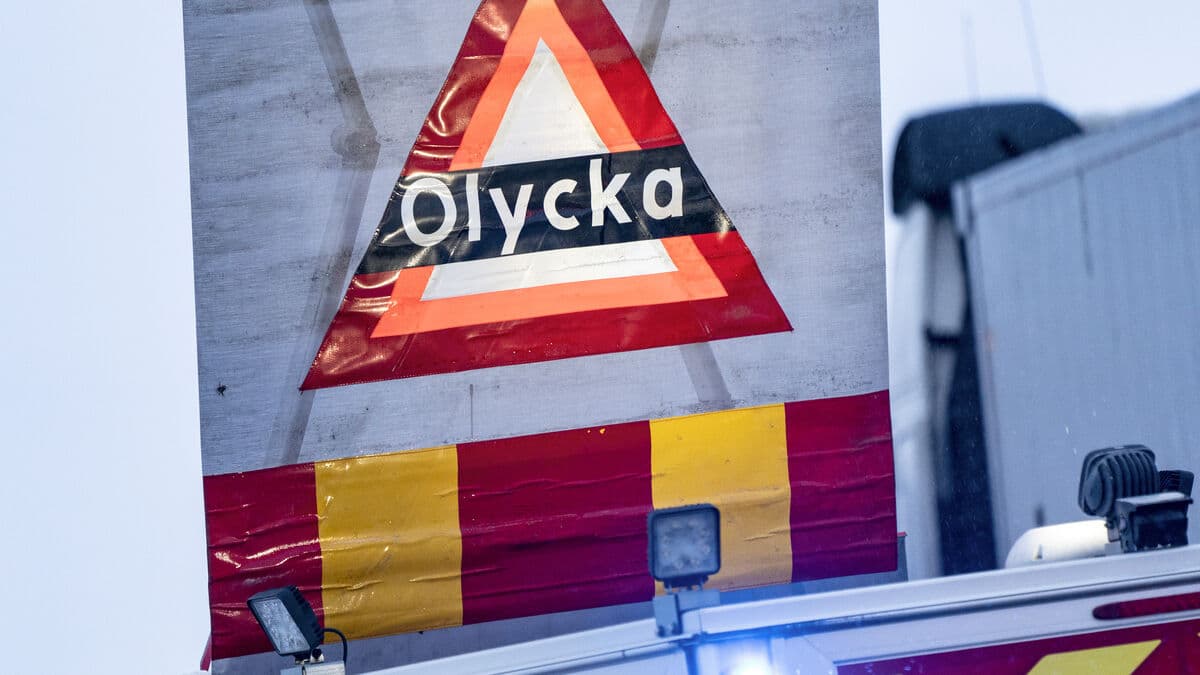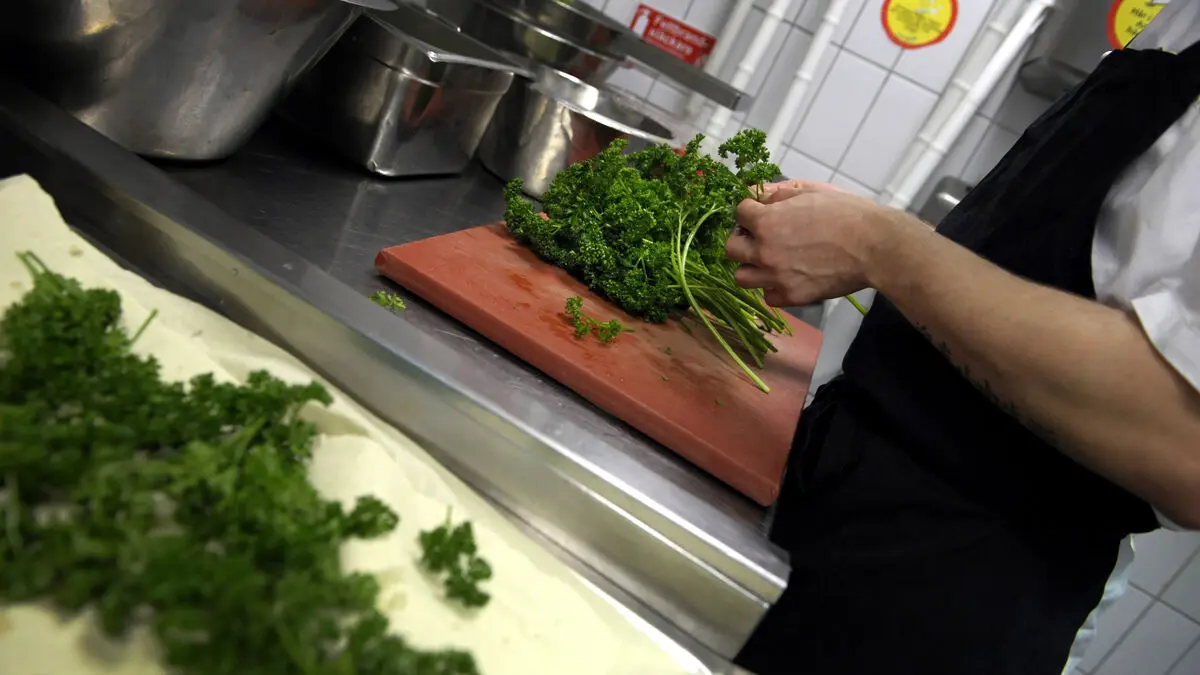The proposal that the Sami villages will eventually control hunting and fishing in the mountain regions is met with sharp criticism from several instances. Several are demanding that the inquiry starts from scratch.
The loaded question of who should allocate hunting and fishing rights in the reindeer herding areas was put to the test when Girjas Sami village in Gällivare municipality won over the state in 2020. The Supreme Court ruled that the Sami village – not the state – had the decisive power, as a consequence of ancient usage.
With the ruling, it became clear that the legislation needed to be reviewed. The proposal that has been out for consultation implies that other Sami villages will eventually have the same responsibility for hunting and fishing as Girjas has. Alternatively, local associations can take the responsibility. However, until the new law is in place, the county administrative boards should continue to issue permits for hunting and fishing, according to the Renmark Committee's partial report.
The proposal has sparked criticism from, among others, hunting circles. The Swedish Hunters' Association rejects the report and criticises the inquiry for having a "skewed selection of facts" in its historical account. The only sustainable solution is continued state management, according to the association. The Swedish Association for Hunting and Wildlife Management is also critical, writing in its consultation response that the inquiry has caused "flaring conflicts".
There is also criticism from Sportfiskarna, which claims that the Girjas ruling has led to the general public being excluded from fishing in the Sami village's area. Only those who can pay dearly get fishing opportunities. If the inquiry is to continue, it must be given new and clear directives that all interests must be highlighted, demands Sportfiskarna.
Härjedalen municipality and tourist companies in Destination Funäsfjällen go a step further and demand that the inquiry is scrapped. "Entrepreneurs in the tourism industry see with concern how, for example, hunting and fishing are not managed by an objective state organisation," it states in the consultation responses.
Region Norrbotten wants, like Sportfiskarna, to see a restart. A sustainable solution is needed for how the lands are used, but it requires the Renmark Committee to take a broader approach and highlight the consequences for different groups of entrepreneurs and private individuals.
Until then, the county administrative boards should continue to have responsibility for hunting and fishing rights, according to the region. "The Sami villages consist of business-driven economic associations where only reindeer owners have influence and decision-making power. Moreover, it is worth noting that only a small proportion of Sweden's Sami population owns reindeer," the region writes.
Anna Lena Wallström/TT
Facts: Sami villages vs the state
TT
The free small-game hunting in the mountain regions has led to protests from the Sami community. They have, among other things, claimed that they are best suited to decide where hunting can take place without disturbing the reindeer.
Girjas Sami village sued the state in 2009 and claimed the right to solely control hunting and fishing within the Sami village's area above the cultivation boundary.
The case went to the Supreme Court, which in 2020 ruled in favour of Girjas Sami village, and established that it is the Sami village, not the state, that has the right to allocate small-game hunting and fishing on the grounds of ancient usage.
The Renmark Committee has been investigating a new reindeer herding law since 2021, which is to be compatible with the conclusions of the Girjas ruling. A partial report was submitted in August last year.
Four other Sami villages – Ran, Sirges, Unna Tjerusj, and Baste – announced in May this year that they do not want to wait for a possible law change and are suing the state to obtain the same rights as Girjas.
The Renmark Committee is to submit its final report in May 2025.






